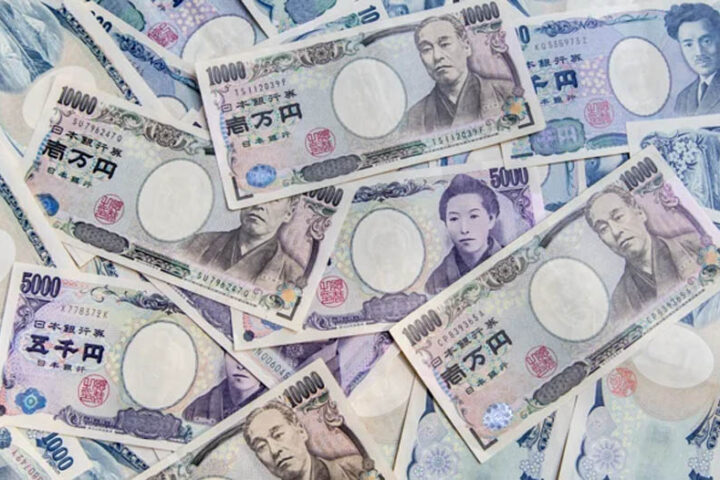China’s efforts to kick-start a property sector revival are poised to have a substantial, positive impact on stock markets and delight global investors, said the founder of a leading independent financial advisory and fintech.
The upbeat assessment from deVere Group’s Nigel Green comes as the People’s Bank of China (PBOC) eased borrowing rules and slashed the reserve requirement ratio for foreign exchange deposits from the current 6% to 4%.
Some of the country’s largest banks also cut interest rates on yuan deposits.
“Stock markets are set to get a boost amid the rollout of steps being taken by PBOC to revive the country’s beleaguered property sector,” said Green.
“We expect the [central bank’s] decision to ease borrowing rules and cut reserve requirements for foreign exchange deposits, plus the cutting of interest rates on deposits, will have a considerable positive impact on global markets as investors digest news that Beijing is being proactive on this critical economic issue.”
On Monday, Hong Kong’s Hang Seng Index gained 2.5%, while mainland markets were also in positive territory, with the benchmark CSI 300 up 1.33%.
Elsewhere, Japan’s Nikkei 225 climbed 0.7%, in Australia the S&P/ASX 200 was up 0.56% and ended at 7,318.8, while South Korea’s Kospi traded 0.81% higher.
China’s property market had been facing a crisis marked by plummeting property prices, oversupply, and a debt-laden real estate sector.
This turmoil raised concerns not only for China’s domestic economy, but also for global investors with exposure to Chinese assets.
“The global impact of China’s efforts to revive its property sector cannot be underestimated,” said Green.
Vital driver
“A healthy property market is a vital driver of economic growth.
“As China’s property sector stabilises, it will boost construction activities, create jobs, and stimulate related industries like cement, steel, and furniture. The resultant economic growth will have a positive spillover effect on markets, especially for countries that rely on China as a major trading partner.”
The deVere CEO added that, “China’s property crisis had dented investor confidence in the country’s markets. Therefore, by addressing the issue, China is sending a reassuring message to international investors that it is committed to maintaining stability and promoting growth.
“Restored confidence will, we expect, lead to increased foreign investments in Chinese assets, benefiting both domestic and global portfolios.”
Green explained that China’s property sector revival will offer new investment opportunities, both in the real estate market and related industries. Investors looking for diversification and growth prospects can be expected to find China an appealing destination once again.
Since the beginning of this year, the deVere boss has reiterated that Beijing would take the necessary measures to shore-up the world’s second-largest economy and that investors “must not overlook the opportunities in China if they are serious about building long-term wealth.”
“Financial markets will be buoyed by these measures that will stabilise the critically important Chinese property market, restore investor confidence, and stimulate economic growth,” he concluded.










